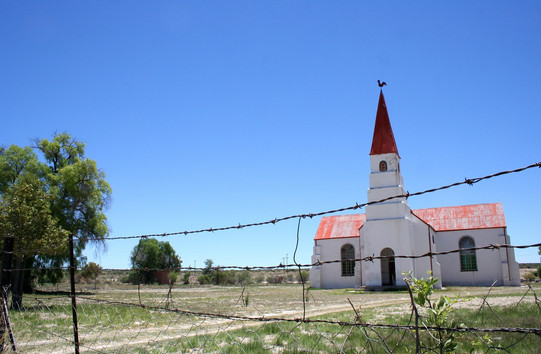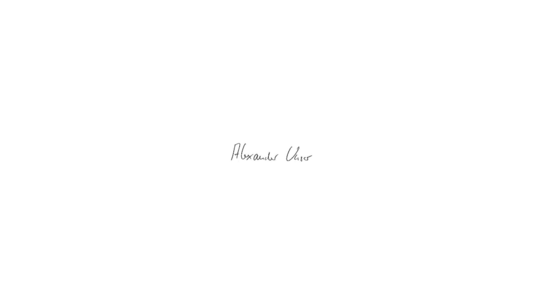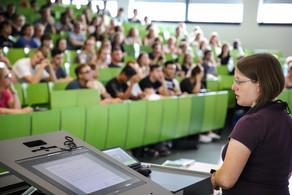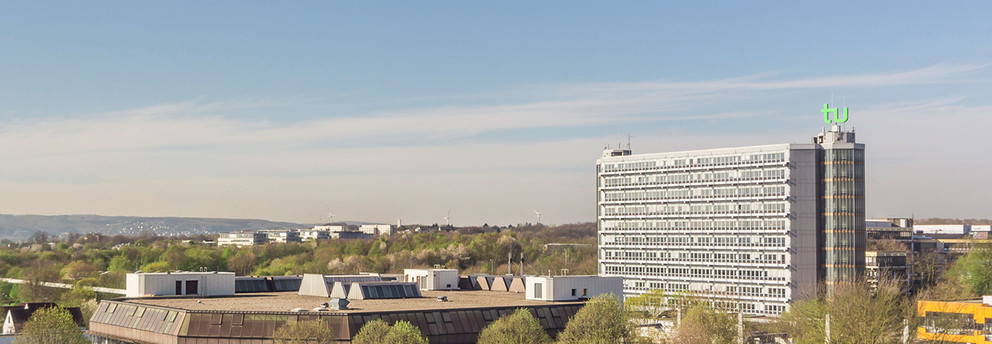The Significance of Religions and Worldviews in Education for Social Cohesion
13.-15.09.2022
Dortmund (Germany)
Today, many societies around the world are confronted with problems of polarisation and fragmentation. Social conflicts about overcoming the climate crisis, about freedom and equality or about ethnic and cultural borders are breaking out and mixing with cultural and ideological differences. The question of how to strengthen social cohesion is therefore becoming increasingly urgent. In many countries, the introduction of compulsory education was also linked to the idea that education itself contributes to social cohesion. In school, students from different social, cultural and religious backgrounds should learn together and acquire common values, knowledge and skills in order to be prepared for participation in society. Religions and world views play a special role here, because in their ambivalence they can both promote and disrupt social cohesion. They convey prosocial values and raise questions about social justice. At the same time, they are used to promote exclusion and discriminatory behaviour based on certain ideologies. The question therefore arises as to what significance religions and worldviews have in an education for social cohesion.
Today, this significance is reflected in many ways. On the one hand, intensive work has been and is being done on the question of what perspectives arise from religious and worldview traditions on the pressing crises of our time and how the positive potential of religions and worldviews can be used to strengthen social cohesion – for example, by imparting knowledge to pupils, encouraging them to form critical judgements and practising dialogue between different religious and worldview positions. On the other hand, there is a growing body of research showing that social conflicts over religions and worldviews also have an impact on educational processes, for example when the secular perspective is implicitly set as the norm or religious identity becomes the distinguishing factor as to who belongs to a society and who does not. It is this tension – wanting to make an educational contribution to solving social problems and at the same time being part of the conflict – that poses major challenges for education for social cohesion.

Today, this significance is reflected in many ways. On the one hand, intensive work has been and is being done on the question of what perspectives arise from religious and worldview traditions on the pressing crises of our time and how the positive potential of religions and worldviews can be used to strengthen social cohesion – for example, by imparting knowledge to pupils, encouraging them to form critical judgements and practising dialogue between different religious and worldview positions. On the other hand, there is a growing body of research showing that social conflicts over religions and worldviews also have an impact on educational processes, for example when the secular perspective is implicitly set as the norm or religious identity becomes the distinguishing factor as to who belongs to a society and who does not. It is this tension – wanting to make an educational contribution to solving social problems and at the same time being part of the conflict – that poses major challenges for education for social cohesion.
The EARLI SIG 19 conference in Dortmund will explore these challenges through invited keynote presentations in plenary sessions and single papers, poster presentations, and symposia in parallel sessions.
On behalf of the organising committee,

Alexander Unser
Chair of SIG19 Conference 2022
Co-Coordinator of EARLI SIG19




